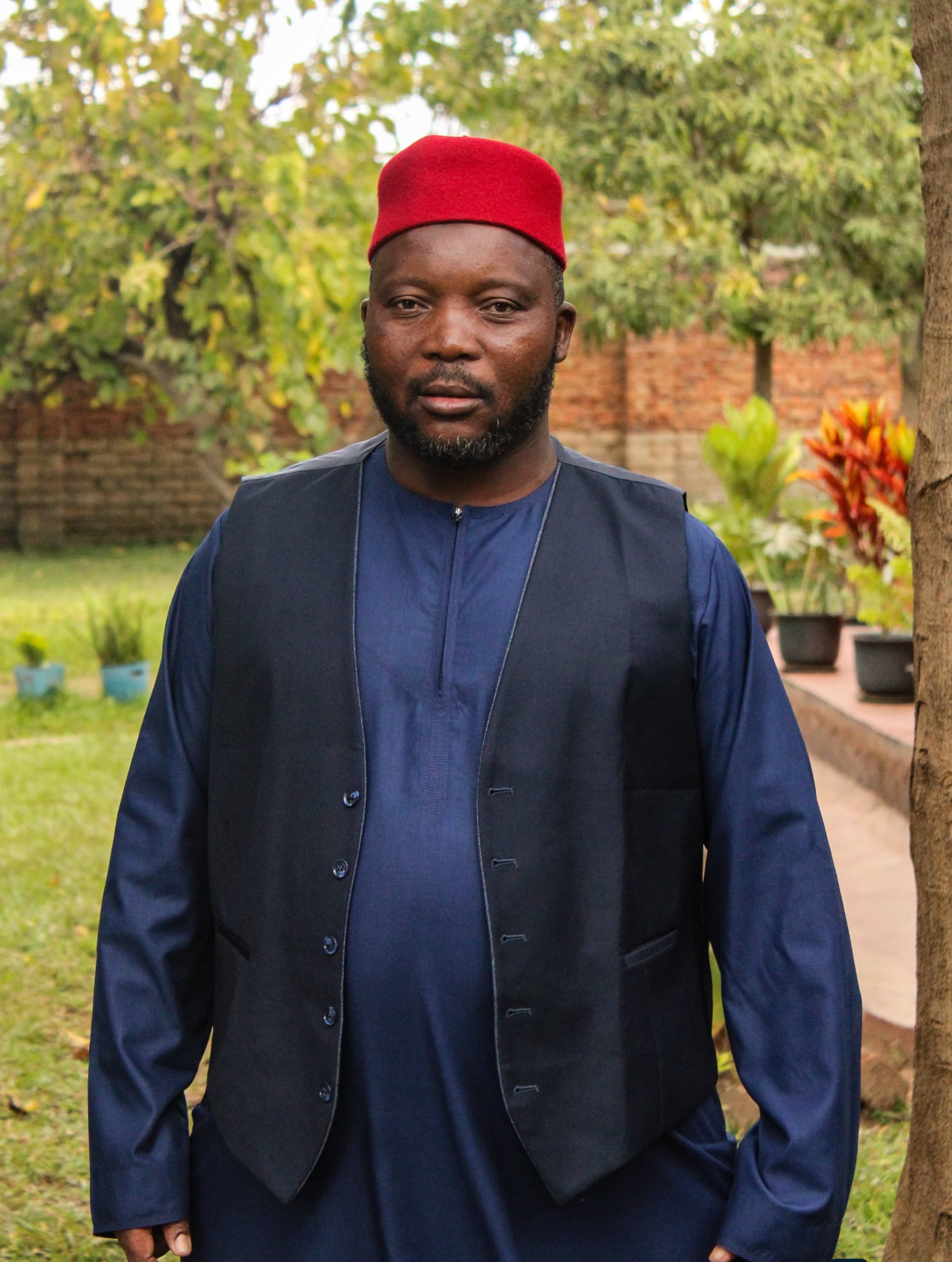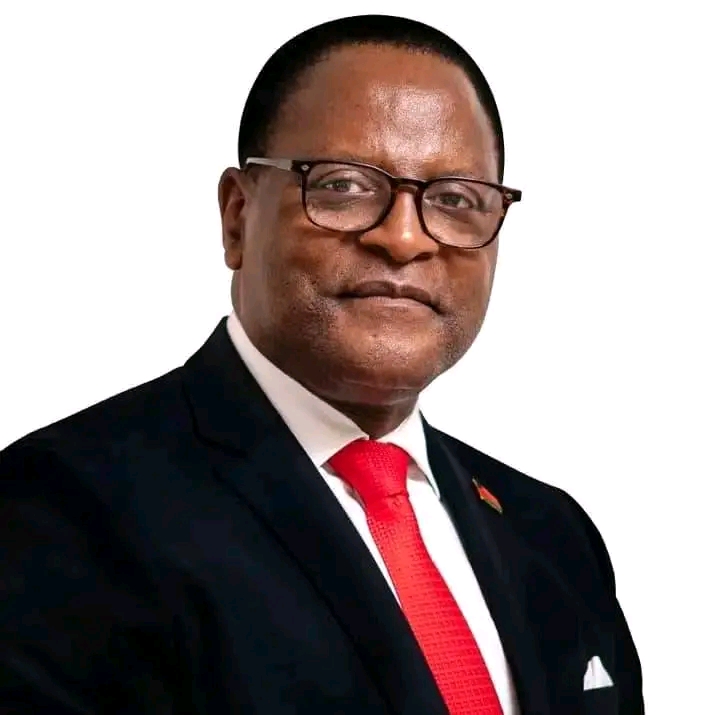By Jones Gadama
In a bold move to shake up Malawi’s political landscape, independent presidential candidate Adil James Chilungo has unveiled his 2025 manifesto, promising to restore dignity to the nation.
The manifesto, aptly titled “Operation Restore Dignity,” outlines a comprehensive plan to address the country’s pressing issues, from hunger and high-interest rates to inequality and poor governance.
Chilungo’s campaign is built on three core principles: truth, justice, and perfection.
He believes that by upholding these values, Malawi can achieve development and prosperity for all its citizens.
The manifesto outlines several key areas of intervention, including improved governance systems, human capital development, tourism, mining, agriculture, environment, and energy.
One of the standout features of Chilungo’s manifesto is his commitment to good governance. He promises to promote transparency and accountability in government, ensuring that public resources are used efficiently and effectively.
This includes strengthening institutions, promoting devolution of power, and enhancing public security.
Chilungo’s economic plan focuses on promoting small businesses, employment, and equitable distribution of income.
He proposes introducing non-interest banking and profit-sharing productive investments to stimulate economic growth and reduce poverty.
Additionally, he aims to modernize the agriculture sector through climate-smart practices and irrigation farming, ensuring food security and sustainable development.
The manifesto places a strong emphasis on human capital development, with initiatives aimed at empowering young people, women, and persons with physical disabilities.
Chilungo promises to improve education, healthcare, and housing, ensuring that all Malawians have access to quality services.
Chilungo’s plan for tourism involves promoting Malawi’s rich cultural heritage and natural beauty, creating jobs and generating revenue for the country. In the mining sector, he aims to ensure that the country’s mineral resources are exploited sustainably and transparently, benefiting all Malawians.
In agriculture, he promises to promote climate-smart practices, irrigation farming, and sustainable agriculture, ensuring food security and economic growth.
The manifesto also addresses energy and environmental issues, with a focus on promoting renewable energy sources and sustainable practices.
Chilungo aims to reduce Malawi’s reliance on fossil fuels and promote energy efficiency, ensuring a cleaner and healthier environment for future generations.
According to his manifesto, the funds for these ambitious projects will come from a combination of sources, including government revenue, private sector investment, and international partnerships.
He also proposes implementing a robust financial management system to ensure transparency and accountability in the use of public resources.
Adil James Chilungo’s 2025 manifesto offers a fresh perspective on Malawi’s development trajectory.
With its focus on good governance, economic empowerment, human capital development, and sustainable practices, the manifesto provides a comprehensive roadmap for restoring dignity to Malawi.
As the country heads towards the 2025 elections, Chilungo’s message of hope and change is sure to resonate with many Malawians.
It is recommended that the government prioritize good governance and transparency in its operations.
Small businesses and entrepreneurship should be promoted through accessible financing options and business development services. Climate-smart agriculture and irrigation farming should be prioritized to ensure food security and sustainable development.
Human capital development should be a key focus area, with initiatives aimed at empowering young people, women, and persons with physical disabilities.
The country should also promote renewable energy sources and sustainable practices to reduce its reliance on fossil fuels and mitigate the impacts of climate change.
By implementing these recommendations, Malawi can take significant strides towards restoring dignity to its citizens and achieving sustainable development.




